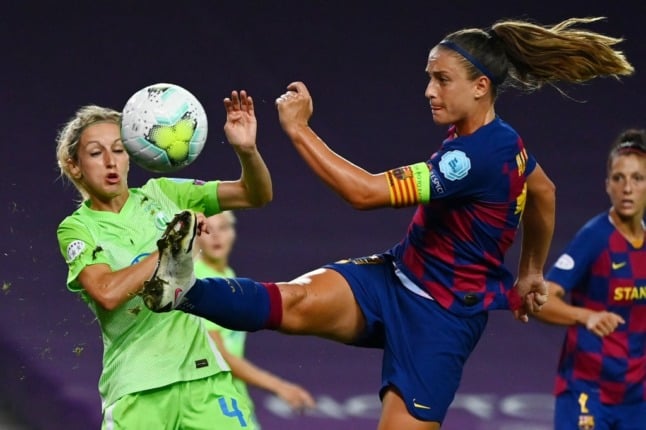“The total income in all age groups is lower for women than for men,” Statistics Sweden (SCB) said in a statement on the release of its annual report on gender equality.
In 2010, the latest year for which data are available, the median income for men aged 20 and above was 35 percent higher than for women, the agency said.
Graphs show a significant gap at the beginning of working life, reaching 37 percent for 20- to 24-year-olds, before gradually narrowing until retirement (26 percent for 40- to 44-year-olds, 24 percent for 60- to 64-year-olds), after which it balloons to 40 percent for 80- to 84-year-olds.
“Women are more educated than men,” SCB said, noting that this means they enter the job market later in life. Women between 20 and 64 years old currently have a 77-percent employment rate, compared to an 83-percent rate for men.
“An important factor for equality between the sexes is the possibility to combine parenting with a job,” the SCB said.
“One way to measure this is to look at the amount of parental leave taken. The men’s share continues to grow, but it’s nevertheless women who take the greater share” with 76 percent in 2011, it said.
That ratio is down from 80 percent in 2005 and 88 percent in 2000.
Sweden’s minister for European affairs, Birgitta Ohlsson, a frequent commentator on feminist issues, welcomed the report.
“More parental leave taken by men!” she wrote on social networking site Twitter.
Sweden has one of the most generous parental leave systems in the world, with 480 days that can be claimed by either parent until the child turns eight. However, one parent can only use 420 of those days, with the 60 remaining days being forfeited if they are not used by the other parent.
Another explanation for the difference in income could be that around a third of all Swedish women work part-time, compared to only one in 10 of all men, SCB said.




 Please whitelist us to continue reading.
Please whitelist us to continue reading.
Member comments